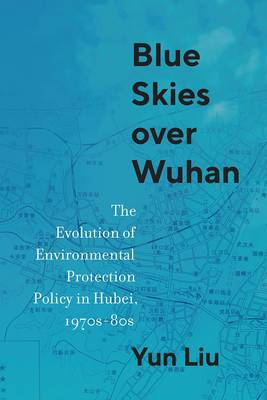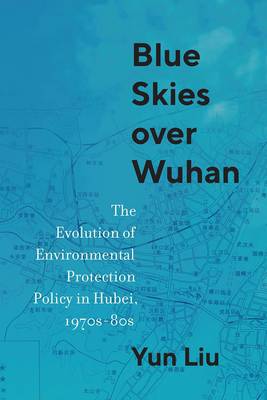
- Retrait gratuit dans votre magasin Club
- 7.000.000 titres dans notre catalogue
- Payer en toute sécurité
- Toujours un magasin près de chez vous
- Retrait gratuit dans votre magasin Club
- 7.000.0000 titres dans notre catalogue
- Payer en toute sécurité
- Toujours un magasin près de chez vous
106,95 €
+ 213 points
Description
Explores the history of the emergence of environmental protections in China through the case study of Wuhan in the 1970's. Balancing the environmental concerns of citizens, the demands of industry, and the interest of the nation is a complex challenge for China, one of the world's largest industrial polluters. Blue Skies over Wuhan uses Hubei Province--particularly its sprawling industrial capital, Wuhan City--as a case study of growing environmental awareness in China in the 1970s and '80s. Yun Liu painstakingly sifts through a wealth of incident records to explore the evolution of environmental protection policy. Reports document repeated sectoral conflicts in this early system of crisis management when measures to contain industrial emissions largely failed because of inadequate policy implementation. Nonetheless, the attention that Blue Skies over Wuhan brings to newly uncovered evidence reveals a symbiotic relationship between communities and state actors that shaped the trajectory of environmental governance, from an agenda dominated by economic growth priorities to a more mature, state-led approach.
Spécifications
Parties prenantes
- Auteur(s) :
- Editeur:
Contenu
- Nombre de pages :
- 210
- Langue:
- Anglais
- Collection :
Caractéristiques
- EAN:
- 9780774870818
- Date de parution :
- 05-08-25
- Format:
- Livre relié
- Format numérique:
- Genaaid
- Dimensions :
- 152 mm x 229 mm
- Poids :
- 453 g

Les avis
Nous publions uniquement les avis qui respectent les conditions requises. Consultez nos conditions pour les avis.






